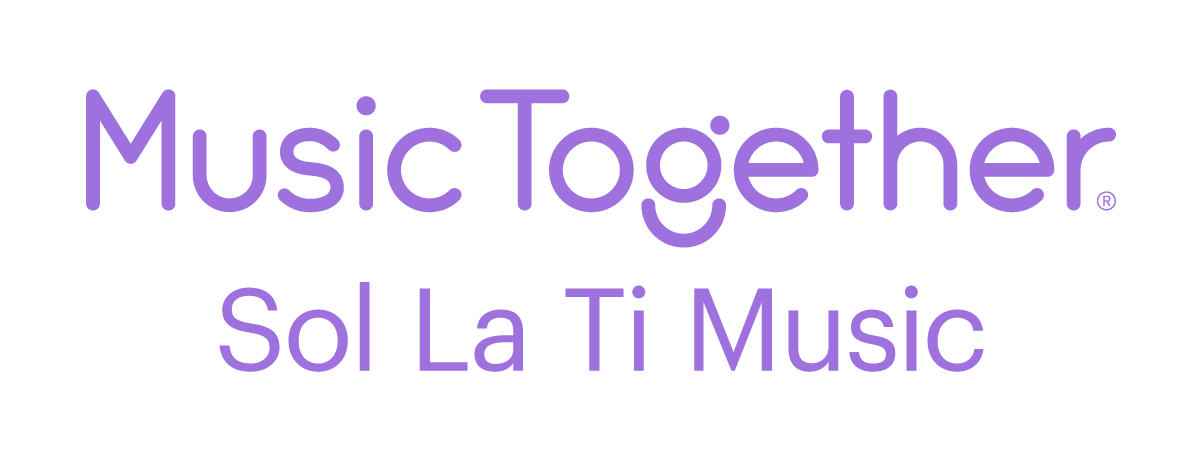How Music Helps Brain Development in Infants
by Cara Batema, Demand Media
Read actual article HERE.
Parents know that shakers quickly become their babies’ favorite toys, and singing a lullaby will quickly lull their infants to sleep. What parents might not realize is that these musical foundations are changing their infant’s brain in ways that will benefit them throughout their lives. Psychologist Dr. Frances Rauscher and neuroscientist Gordon Shaw have conducted many studies with young children investigating the relationship between music and brain development, all of which suggest that early exposure to music increases abilities in many other areas, including math and language. Subsequent research at Brigham Young University suggests music has a positive impact on the physical development of premature infants and can promote calmness in babies.
Brain Pathways
According to ZerotoThree.org, the first three years of a child’s life are the most crucial for brain development. While a newborn’s brain is only 25 percent of its adult weight, by age 3, it grows dramatically and builds pathways and connections, called synapses, between its numerous cells. According to Dr. Diane Bales, Ph.D., author of “Building Baby’s Brain: The Role of Music,” the synapses used for classical music are similar to those used for spatial and temporal reasoning, which are skills needed for math. Just listening to classical music can “turn on” the synapses.
The Mozart Effect
A study published in “Nature” magazine in 1993 received an influx of attention; this study investigated college students who showed increased intelligence after exposure to music by Mozart. The so-called “Mozart Effect” was misinterpreted to suggest listening to classical music made people and even infants smarter, but research by psychologist Dr. Frances Rauscher and neuroscientist Gordon Shaw further solidified the notion that early music exposure does improve cognitive abilities. These researchers found preschoolers who took music lessons did better at spatial and temporal reasoning tasks than those who received computer lessons. While this research is based on preschool children, subsequent studies such as those at Brigham Young University suggest similar benefits can be seen by engaging children with music during their infant years, when their brains are developing the most. Dr. Diane Bales suggests that listening to classical music has only temporary benefits, while musical instruction has more long-lasting effects because it actually creates new pathways in the brain.
Music and Learning
According to the Center for Music Learning at the University of Texas at Austin, infants can categorize auditory stimuli, such as recognizing that two or more stimuli are different; their research showed infants at seven months could discriminate timbre and melody and could recognize a melody when played on a single instrument. Singing is an ideal way to foster language development, and the exploration of words and rhymes through a familiar tune enhances memory. An infant’s brain is not fully developed at birth, and he needs sensory input for the cells to build and connect. Music provides an auditory means of stimulation that can also carry educational concepts, such as language, which will develop as an infant obtains cognitive skills.
Why Classical Music?
While infants show a predilection for music played while still in the womb, classical music often proves better for brain development than the mother’s favorite rock and roll tunes. Since classical music is more complex in structure, instrumentation and harmony, it primes the brain with pathways needed for other cognitive tasks. According to Dr. Diane Bales, any kind of music helps build musical pathways in the brain and may help infants relax. The Washington Times suggests that whether it’s classical, pop, jazz, blues or Mom’s favorite tunes, it’s the complexity of music itself that offers brain-building benefits.

